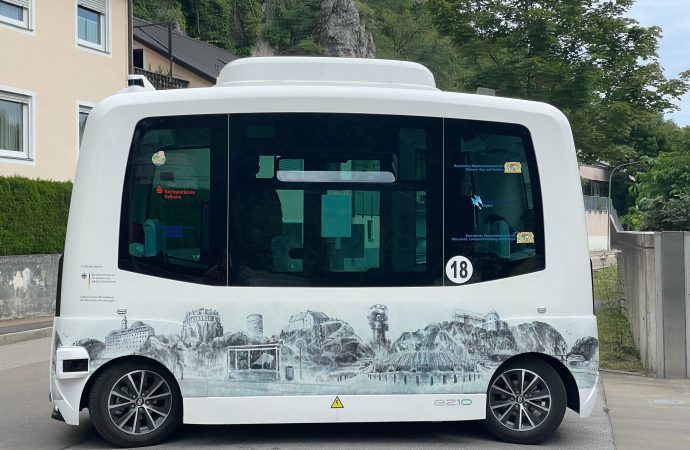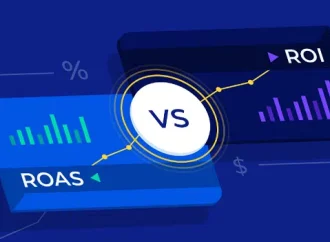Introduction Welcome to the exciting world of autonomous cars and their impact on the future of auto insurance! As we enter an era in which self-driving vehicles are becoming increasingly commonplace, it’s clear that the automotive industry is undergoing a significant transformation. While this new technology promises to revolutionize travel as we know it, it
Introduction
Welcome to the exciting world of autonomous cars and their impact on the future of auto insurance! As we enter an era in which self-driving vehicles are becoming increasingly commonplace, it’s clear that the automotive industry is undergoing a significant transformation. While this new technology promises to revolutionize travel as we know it, it also brings with it a host of new risks and challenges for insurers. In this blog post, we’ll explore what these changes mean for the future of auto insurance and how companies can adapt to stay ahead in this rapidly evolving landscape. So buckle up, because things are about to get interesting!
The Changing Auto Insurance Landscape
In a future where autonomous vehicles are commonplace, the auto insurance landscape will need to change in order to account for new risks and challenges.
For starters, insurers will need to develop new underwriting models that take into account the possibility of accidents involving autonomous vehicles. In addition, rates for autonomous vehicles will need to be determined case-by-case, as each vehicle’s safety record will vary. Finally, due to the lack of human drivers on the road, insurers will need to develop new loss prevention strategies for claims involving autonomous vehicles.
The Rise of Autonomous Vehicles
The rise of autonomous vehicles is already impacting the way we think about auto insurance. The technology behind these vehicles is changing how we can travel, and as a result, certain aspects of auto insurance are also changing.
To date, most discussions around this topic have focused on crashes and injuries caused by automated driving. However, the impact of autonomous vehicles on auto insurance isn’t limited to accidents – it’s also having a major impact on risk management.
For example, one of the biggest challenges posed by autonomous vehicles is their ability to cover situations that wouldn’t traditionally fall under the definition of an accident: for example, if your car malfunctions and you end up in a traffic jam, or if you get lost in the city and have to turn back.
This raises questions about who should be responsible for these types of incidents: should it be the automaker or the driver? And should those costs be covered by insurance? Or should they be borne exclusively by the driver?
These are just some of the many questions that insurers are currently grappling with as they adapt to this new era of automation. But as their technologies continue to develop and evolve, so too will their understanding of how to manage risks in a world where cars become increasingly autonomous
The Impact of Autonomous Vehicles on Auto Insurance
As autonomous vehicles enter the market, the way we insure cars will change. The question is: how?
First and foremost, autonomous vehicles present new risks to insurers. For example, if a self-driving car is involved in an accident that results in injury or death, who is liable? In a traditional automobile accident, the driver of the vehicle is typically responsible. But with self-driving cars, who is responsible if the computer controlling the car makes a mistake?
Similarly, what happens if somebody hacks into a self-driving car and takes control (for instance to commit a crime)? What responsibility would the hacker have if something went wrong while they were driving? These are just some of the many questions that will need to be answered as autonomous cars become more widespread.
Second, autonomous vehicles may disrupt the auto insurance industry by making it easier for people to buy cheap insurance policies online. Right now, people need to buy auto insurance from an insurer in their province or state. With autonomous vehicles coming on the market, however, people could buy insurance policies from anywhere in the world. This could reduce premiums for drivers because there would be less competition among insurers and they would be able to charge lower rates for poorer drivers. However, this could also lead to higher rates for drivers who don’t live in areas where there are many autonomous vehicles on the road – because those drivers would then face more competition from insurers.
Third, insurers may have to adapt their business models in
Conclusion
As the world edges closer and closer to a future in which autonomous vehicles are commonplace, the insurance industry must adapt in order to remain competitive. Already, there have been a number of high-profile accidents involving self-driving cars, and as this technology continues to evolve, the risks posed by these vehicles will only grow. In order to ensure that drivers and businesses are adequately protected, insurers must continue to adapt their policies and procedures in order to keep up with the ever-changing landscape of auto insurance.





















Leave a Comment
Your email address will not be published. Required fields are marked with *